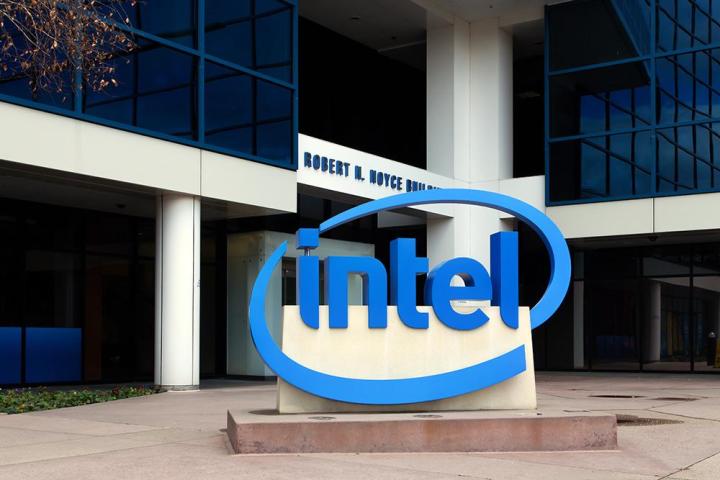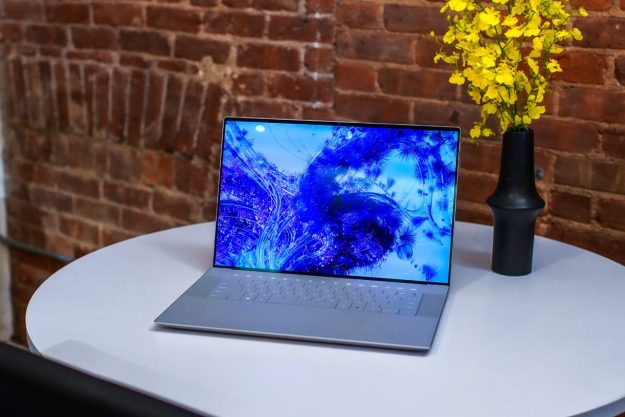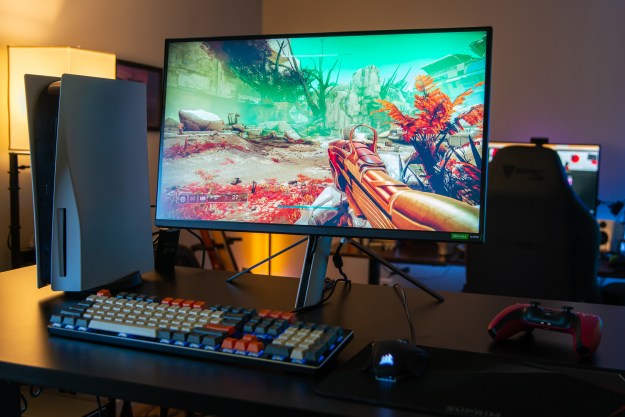
This week, Intel is pushing manufacturers to use its just-announced “Apollo Lake” processors in these Cloudbooks during its Intel Developer Forum in China. Previous Cloudbook solutions packed Celeron, Pentium, and Atom chips based on “Braswell” and “Bay Trail-M” architectures. The new Apollo Lake processors that Intel wants OEMs to use are expected to ship in the second half of 2016.
So what makes a Cloudbook? Consider them to be Chromebook rivals, but with the Windows platform instead of Google’s Chrome OS. They’re highly thin because they have no hard drives or optical drives, relying instead on flash-based storage, ranging in size between 2GB and 32GB (although some have 64GB). Intel says that every OEM is making a Cloudbook, with solutions ranging from 11.6/13.3/14-inch clamshells to 11.6-inch convertibles.
For instance, Acer has the Aspire One Cloudbook in four different flavors. They’re based on the dual-core Intel Celeron N3050 processor clocked at a meager 1.6GHz, 2GB of DDR3L memory, and Windows 10 Home. The screen options range from 11.6 inches to 14 inches while the storage options span from 32GB to 64GB of flash-based storage. Prices range from $190 to $250, making them look super tasty to penny pinchers.
The reference design Intel is offering to OEMs includes an 11.6-inch screen with a 1,920 x 1,080 resolution and an optional 10-point touch input. On the memory front, the design uses 4GB of LPDDR3 RAM from Samsung while providing 64GB of storage via an M.2 SSD and/or 32GB of eMMC 5.0-based storage.
Other ingredients consist of Wireless AC connectivity with Bluetooth 4.1, an optional built-in camera, four sensors, a USB Type-C port, and a few battery options. The HD audio codec is provided by Realktek whereas the device’s charger will be provided by Texas Instruments. However, Intel’s slides pulled from the show point out that the components chosen for the reference design are CTE-friendly (China Tech Ecosystem) and are not only low cost, but are currently available in the supply chain.
Some of the Apollo Lake features promoted by Intel include an improved CPU performance thanks to a new architecture, hardware accelerated codecs, and a ninth-generation graphics engine. Improved battery life is another strong feature as well as the ability to add more USB ports, MIPI capabilities, mixed memory support, and a higher cost reduction on power delivery.
According to Intel, the Apollo Lake platform “delivers the foundation for a great entry design.” For an affordable price, consumers can supposedly work all day on a single charge, play HD video without a hitch, and enjoy a “beautiful, sleek, portable” design. Cloudbooks currently cost between $169 and $269, making them great products for first-time buyers and students.
As previously stated, Intel is launching its Apollo Lake processors in the second half of 2016, and it will likely follow its Broadwell-E processor family launch planned for Computex 2016, which takes place in Taipei from May 31 to June 4. We expect to hear hear more about Intel’s Apollo Lake plans during this event if the company doesn’t spill more of the beans this week during IDF 2016.


